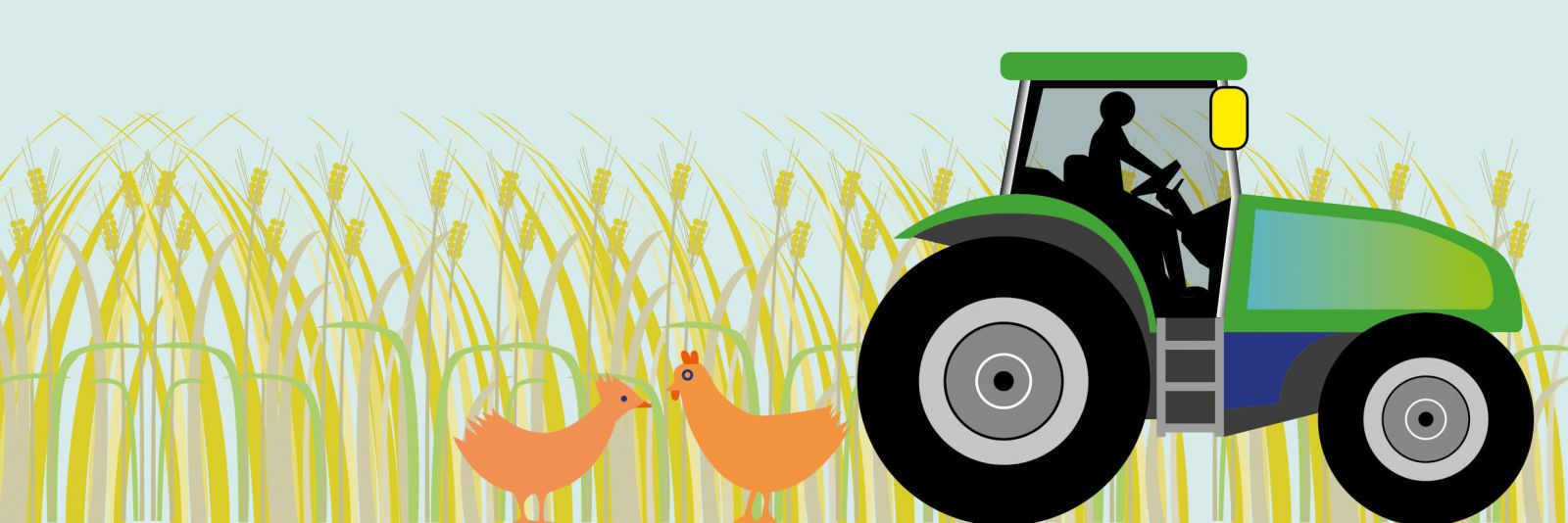Announcing the Crop and Livestock Criteria 3.0: First of the suite of new Agri-Food Transition Criteria for Climate Bonds Standard

Crop and livestock production plays a vital role in addressing climate change. As the largest source of climate emissions within food systems, it is essential that investments in this sector prioritize sustainability. In line with this objective, the Climate Bonds Initiative is excited to announce the commencement of work on updating the "Crop and Livestock Criteria."
This updated version, known as Crop and Livestock Criteria 3.0, will encompass the entire production process and address climate impacts, adaptation and resilience, biodiversity, water use, animal welfare, and just transition. It represents a significant step towards shaping sustainable agriculture investments.
Importance of the Crop and Livestock Criteria
Crop and Livestock production is responsible for a at least 20% of global greenhouse gas emissions. Therefore, any investment seeking to mitigate climate change must prioritise sustainability within this sector.
The Crop and Livestock Criteria 3.0 aims to holistically address the environmental and social impacts of crop and livestock production, from farm-gate to farm-gate. It will consider natural ecosystem conservation and deforestation-free land as well as input production and use within farms, in addition to direct emissions from farm themselves and other environmental and social impacts. In this way, it will provide a comprehensive framework for evaluating investments in sustainable agriculture.
Expanding the Scope: Green Bonds and Beyond
While the previous criteria focused primarily on green bonds, the Crop and Livestock Criteria 3.0 takes a broader approach. It extends its reach to include the certification of entities and Sustainability Linked Bonds (SLBs) associated with crop and livestock production systems. This expansion allows for a more inclusive assessment of sustainability within the agriculture sector, ensuring that diverse types of investments can contribute to transition plans addressing climate change and promoting responsible and climate-proof agricultural practices.
Collaborative Approach: Technical and Industry Working Groups
To ensure the robustness and inclusivity of the criteria update, the Climate Bonds Initiative has established Technical and Industry Working Groups. These groups consist of experts from diverse backgrounds, including agriculture, environmental science, finance, and policy. Their collective expertise will be instrumental in shaping the Crop and Livestock Criteria 3.0. Led by the Agri-Food Standards team at the Climate Bonds Initiative, these Working Groups will collaboratively develop the criteria by considering the latest scientific research, including reports from the United Nations Intergovernmental Panel on Climate Change (IPCC, 2023).
Climate Bonds Team

Technical Working Group

Industry Working Group

The Last Word: Call for Collaboration
The Climate Bonds Initiative recognises the importance of engaging stakeholders from all sectors in the Crop and Livestock Criteria 3.0 update. If you have technical or industry expertise in this field, we invite you to collaborate with us. Your contributions will help shape sustainable and resilient agriculture investments. To take part in this critical endeavour, please reach out to us at agrifoodstandards@climatebonds.net.
The Crop and Livestock Criteria 3.0 represents a significant milestone in promoting sustainable agriculture investments. With an expanded scope and a collaborative approach, these updated criteria will provide a comprehensive framework for ensuring green investments in crop and livestock production.
'Til next time,
Climate Bonds.
